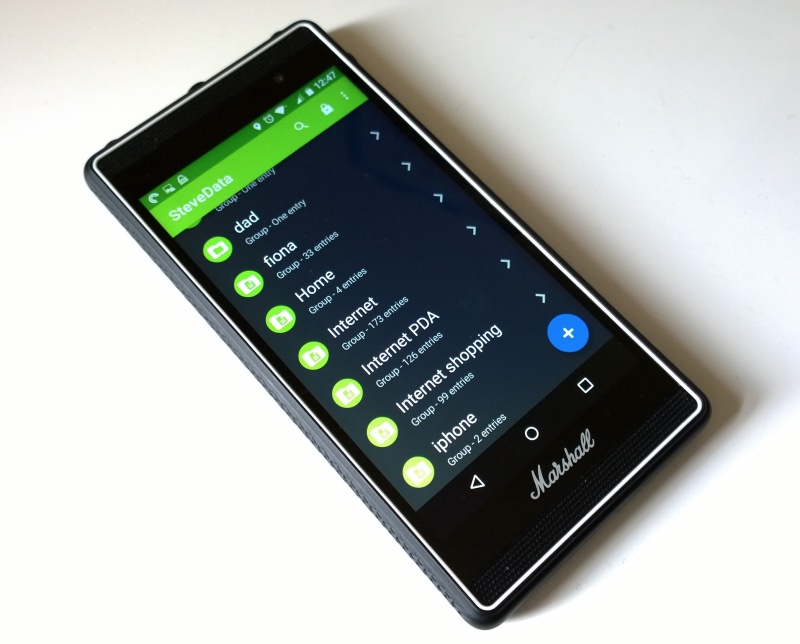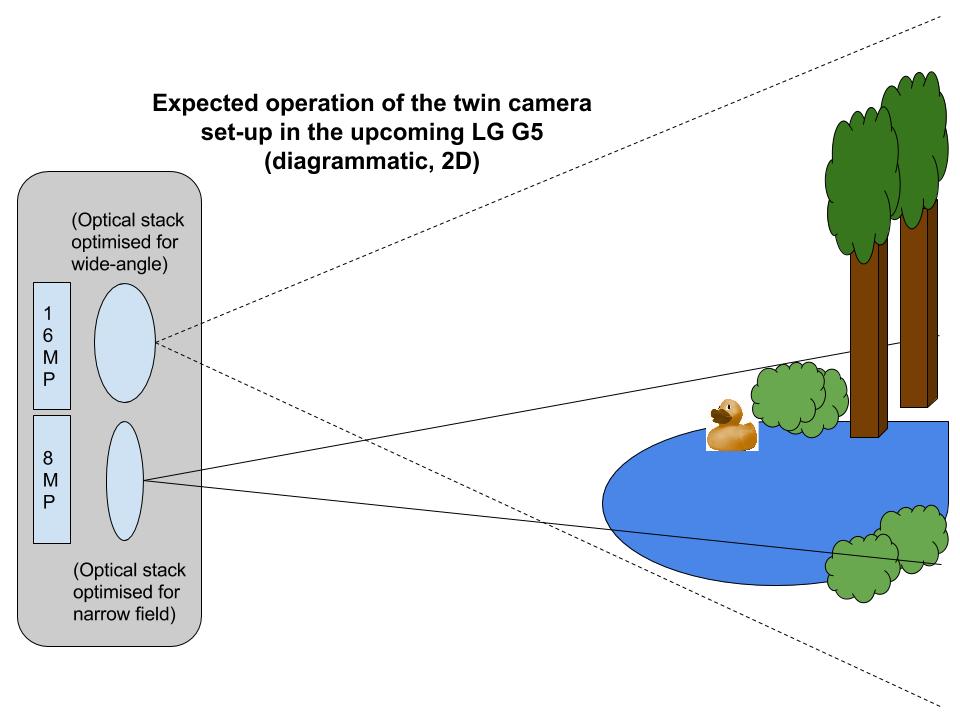Earlier today, Samsung launched its first Tizen smartphone, the Samsung Z (notice the lack of “Galaxy” in its title). Tizen, the in-house operating system developed by Samsung and Intel, has been long coming to the company’s successful smartphone division, after showing on its Gear smartwatches and some of its cameras. The first Tizen smartphone was rumored for 2013, but the Z almost took an entire additional year to make its way to the public. So what does that mean for Android’s biggest OEM? Is our beloved OS in trouble if Samsung puts all its weight behind Tizen? Let’s speculate.
Don’t sound the emergency alarm just yet
The Samsung Z packs mid-range specs by Android’s standards, almost reminiscent of the Galaxy S3 with a 4.8″ 720p screen, quad-core processor and 8MP camera. The design tries to stray away from the signature roundness of the Galaxy series with angular corners, but still features the leather back of the Galaxy Note 3 and the fingerprint sensor and heart rate monitor of the Galaxy S5. There’s nothing particularly remarkable about the Samsung Z, and that’s a good sign if you’re a Samsung and Android fan. This won’t be a flagship by any means and it proves that the Korean giant just isn’t ready to put all of its eggs in the Tizen basket.
Furthermore, the Samsung Z will only launch in Russia in the third quarter, other markets and dates are yet to be confirmed. That’s another sign that world domination isn’t on Samsung’s Tizen plans just yet.
We also need to remember that the Korean giant has been smoothing its relationship with Google over the past months, asking for help during its Apple trial, carving patent sharing deals, and allegedly agreeing to reduce its overdone UI elements in favor of a closer-to-stock Android look. These all point to Samsung building a better and longer-lasting partnership with Google, not the opposite.
But, what if?
Despite being unremarkable and limited, the Samsung Z carries a few interesting features. First and foremost is Samsung’s Tizen TouchWiz skin that looks eerily similar to its Android counterpart. Second are Samsung’s signature Galaxy S5 features, including S Health and the Download Booster. It’s clear that Samsung doesn’t want Tizen to fail, and is giving it every chance to succeed. After all, you wouldn’t want consumers to buy a Samsung smartphone expecting the same featureset and experience as the Galaxy line, only to end up with a sub-par device.
Google services aside, Tizen is as close as Samsung could get to Android without actually running Android. Samsung has been building a parallel services ecosystem to Google’s as well — like S Voice, S Calendar and S Translate — to reduce the gap between both platforms. There’s also the matter of application availability, an aspect the company has been leveraging with its own application store.
So what if this was Samsung’s first of many Tizen devices? What if the Z paves the road to more smartphones running that OS and less Android-based devices? What if this was the start of the turning tide? Conspiracy theorists would tell you that this is it, the Sampocalypse — a term I just coined, by the way.
The truth is somewhere in the middle
This Samsung Z, although not alarming, isn’t inconsequential either. According to a company exec, Samsung would consider Tizen a success if it were able to reach 15% of its total smartphone shipments.
Taking that into account, Tizen won’t step on Android’s toes just yet. The Korean giant has enough resources and a big enough logistics chain to manage Tizen as an additional project, not a replacement one. For now, this is akin to another experiment like only Samsung can do — the Note line started as an experiment, so did many of their successful and not-so-successful products — but it will get all the help possible along the way.
From building a similar experience to Android in order to ease the transition for users, to getting developers on board through its own dev convention, Samsung will push Tizen far, readying it. For what? This is Samsung’s Plan B, should the company cease to see Android as a profitable venture. But the way I see it, there are at least 5 years separating us from that crossroad, and anything can happen in the meantime.








